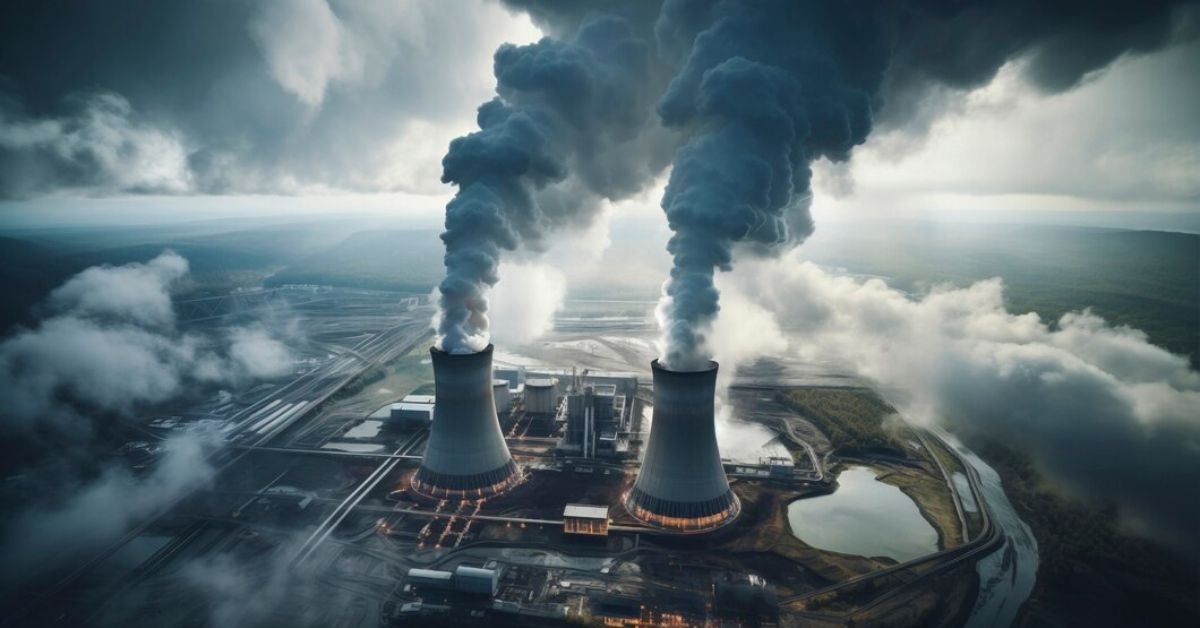Cutting-Edge Solutions for Tackling Air Pollution
Air pollution remains one of the most pressing environmental issues globally, affecting millions of lives and ecosystems. As urbanization and industrial activities continue to expand, the need for effective technologies to combat air pollution has never been more critical. Fortunately, a suite of innovative technologies is emerging, offering promising solutions to improve air quality and promote sustainable development.
The Impact of Air Pollution on Health and the Environment
Air pollution is primarily caused by the release of harmful substances such as particulate matter (PM), nitrogen oxides (NOx), sulfur dioxide (SO2), and volatile organic compounds (VOCs). These pollutants pose significant health risks, contributing to respiratory and cardiovascular diseases, and are linked to premature mortality. Vulnerable populations, including children and the elderly, are particularly at risk.
Environmentally, air pollution exacerbates climate change by increasing greenhouse gas concentrations, leading to acid rain that harms vegetation and aquatic life, and reduces biodiversity. It also impacts agricultural productivity and damages buildings and cultural monuments, underscoring the urgent need for effective solutions.
Innovative Solutions to Combat Air Pollution
Air Quality Monitoring Systems
Advanced air quality monitoring systems are revolutionizing the way cities manage pollution. Equipped with sensors and IoT technology, these systems provide real-time data on pollutant levels, enabling authorities to identify sources and patterns of pollution. This data-driven approach allows for targeted interventions, such as traffic management or industrial emission controls, to effectively reduce pollution levels.
For example, Beijing has implemented a comprehensive air quality monitoring network that has significantly improved its ability to manage pollution, resulting in better air quality over recent years.
Advanced Filtration Technologies
Filtration technologies, including dust collection systems, are critical in removing pollutants from the air, both indoors and outdoors. High-efficiency particulate air (HEPA) filters and activated carbon filters are commonly used in air purifiers to capture fine particles and gases. Moreover, innovations in electrostatic precipitators and scrubbers are enhancing pollution control in industrial settings.
These technologies are particularly beneficial in urban areas with high traffic and industrial activities. Cities like Seoul have deployed large-scale outdoor air purifiers in public spaces, helping to maintain cleaner air for residents and visitors.
Renewable Energy Sources
Transitioning to renewable energy is one of the most effective strategies for reducing air pollution. Solar, wind, and hydroelectric power generate electricity without emitting harmful pollutants, providing a cleaner alternative to fossil fuels. The adoption of these energy sources is crucial for reducing emissions from power generation, a major contributor to air pollution.
Countries like Denmark have successfully integrated renewable energy, significantly reducing their reliance on coal and oil. This transition not only improves air quality but also supports energy security and economic growth.
Electric Vehicles and Public Transport
The transportation sector is a significant contributor to urban air pollution. However, the rise of electric vehicles (EVs) offers a cleaner solution. EVs produce zero tailpipe emissions, helping to reduce urban pollution levels. Governments worldwide are incentivizing the adoption of EVs through subsidies and expanding charging infrastructure.
Furthermore, enhancing public transport systems reduces the reliance on private vehicles, leading to lower emissions. Cities like Amsterdam have successfully implemented bike-sharing programs and expanded public transit options, resulting in cleaner air and more sustainable urban mobility.
The Importance of Sustainable Development
Implementing innovative technologies to combat air pollution is vital for sustainable urban development. Clean air is fundamental to public health, quality of life, and environmental sustainability. By adopting advanced monitoring systems, filtration technologies, renewable energy, and green transportation, we can build healthier, more resilient cities.
Conclusion
While air pollution poses a significant challenge, the solutions are within reach. By embracing technological innovation and sustainable practices, we can transform our urban environments and ensure a cleaner, healthier future for generations to come.







